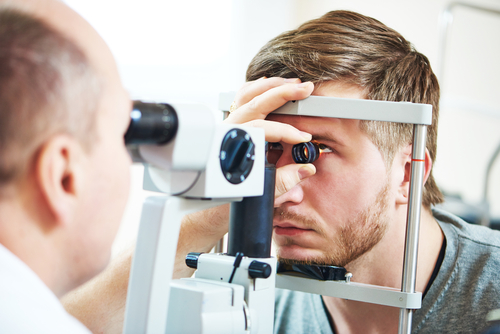
In today’s fast-paced world, preserving our overall well-being frequently takes a second place in the rush and bustle of everyday life. However, one area of our health that should never be overlooked is eye health. Regular visits to an ophthalmology practice are critical for maintaining and protecting our vision. In this article, we’ll explore six weighty reasons why prioritizing these visits is essential for everyone.
1. Preventive care for long-term eye health
Visiting an ophthalmology practice is important not just for managing current eye problems but also for preventing future ones. Regular eye exams are a preventative step, just like seeing the dentist for checkups to avoid cavities and gum disease. Ophthalmologists can detect early warning signs of conditions such as glaucoma, macular degeneration, and cataracts before they cause permanent damage. By diagnosing and treating problems when they arise, you boost your chances of preserving clear vision and eye health in the long run.
2. Prescription updates for optimal vision correction
Many people rely on corrective lenses, such as glasses or contact lenses, to improve their eyesight. However, as the eyes change over time, prescriptions may need to be updated. Regular visits to an ophthalmology practice ensure that your prescription is up to date, allowing you to get the best vision correction possible. Ignoring these updates can cause eyestrain, headaches, and decreased visual acuity, all of which can interfere with your daily activities and general quality of life.
3. Early detection of systemic health issues
For good reason, the eyes are often referred to as the windows to our general health. During routine eye exams, ophthalmologists can discover signs of systemic health issues. The eyes can be affected by autoimmune diseases, diabetes, and hypertension, among other conditions. By recognizing these symptoms early on, eye health can be monitored and addressed, and possible systemic health concerns may be detected and managed.
4. Customized eye care plans for unique needs
Every person has different eye care requirements based on factors such as age, lifestyle, and family history. Ophthalmologists are educated to evaluate these features and provide personalized eye care strategies. An ophthalmology practice may provide specialized advice and treatments to fit your specific requirements, whether you spend long hours in front of a computer screen, are at risk for inherited eye disorders, or just need guidance on maintaining optimal eye health as you age.
5. Treatment and management of eye conditions
Regular visits to an ophthalmology practice are critical for ongoing treatment and management for people who already have eye issues. Glaucoma, diabetic retinopathy, and dry eye disease require constant monitoring and modifications to treatment approaches. Maintaining contact with your ophthalmologist may ensure that your disease is managed effectively, reducing the risk of progression and optimizing your visual potential.
6. Education and awareness for eye health
Ophthalmology practice provides a significant resource for education and awareness in addition to examinations and treatments. Understanding how factors like nutrition, exercise, and appropriate eye protection may affect your vision allows you to make more informed choices about your eye health. Ophthalmologists can counsel patients on maintaining good habits that promote optimal vision while decreasing behaviors that may lead to eye disorders.
The bottom line
Visiting an ophthalmology practice should be a top priority for people of all ages. The advantages go beyond basic vision correction, including preventive care, early identification of health problems, and individualized treatment strategies. Remember that your eyes need the same attention and care as the rest of your body and that regular visits to an ophthalmology practice are the foundation of a lifetime of clear vision.


